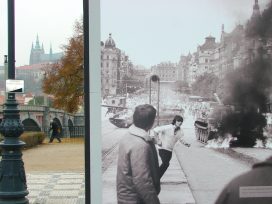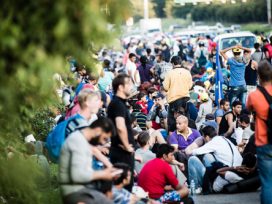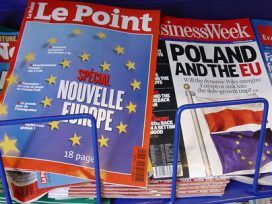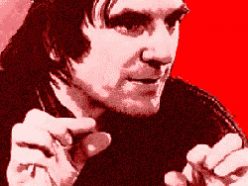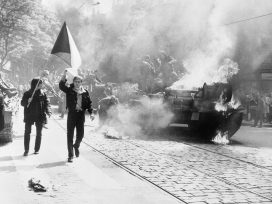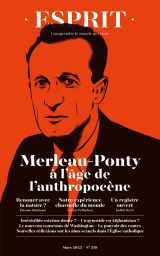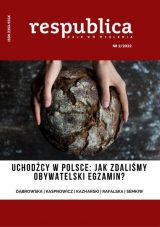
Blind in one eye
The Hungary question and the European People’s Party
The list of signatories to the statement issued by members of the European People’s Party calling for the expulsion of Fidesz, following Hungary’s ‘Coronavirus Protection Act’, contained some notable absences. Realignments on the European right are making the EPP’s lack of unanimity on the question of national populism untenable.

